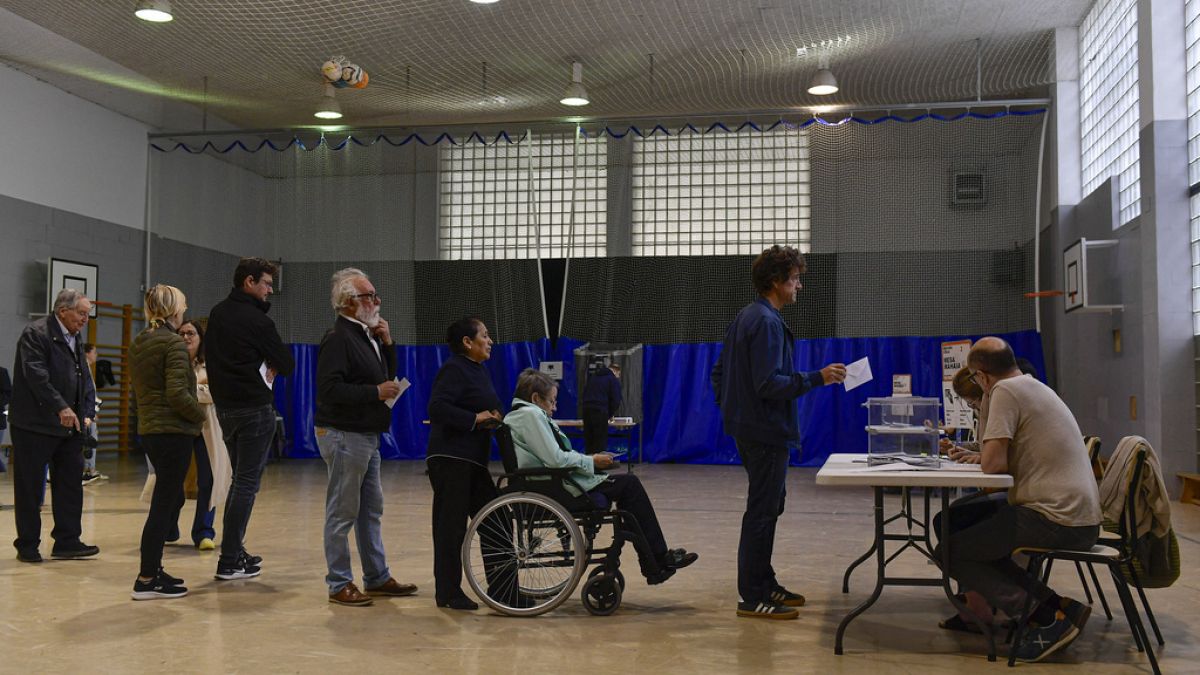The 2024 European elections will be over once Italian polls close today (9 June) at 23:00 CET, and results will start to be known during the night.
While some countries including Netherlands have already voted, all member states will await Italian citizens casting their last ballot before the first official results are known, preventing countries voting earlier from influencing the outcome of ongoing voting.
Italian polls opened on Saturday afternoon, closing at 11pm before reopening for the whole of today, giving Italians more time than any other Europeans to cast their ballots.
By contrast in Luxembourg, where voting is mandatory for those aged 75 or younger, polling stations will be open for only six hours, between 8am and 2pm.
Ballot opening times vary around Europe, with Belgium closing at 4pm, Austria at 5pm, France and Germany at 6pm, and Spain and Portugal at 8pm.
Despite not being able to publish any official results, the European Parliament will give partial projections around 6.15pm and a first projection of the full hemicycle at 8.15pm based on the structure of the outgoing Parliament. This data will be sourced from aggregated exit polls and pre-election opinion polls.
Throughout the afternoon and evening, in countries where voting has already ended, national broadcasters and official websites will show estimates of parties and political groups based on local exit polls, as well as turnout data from the country’s electoral authorities.
Delays in the publication of results have been the target of disinformation in countries such as Spain, where social media campaigns have referred to “information blackouts” and suggested that the government tampering with results before general release to the general public.
However the stipulation on waiting for the last member state to vote before announcing official results has been standard practice in the three previous EU elections.

